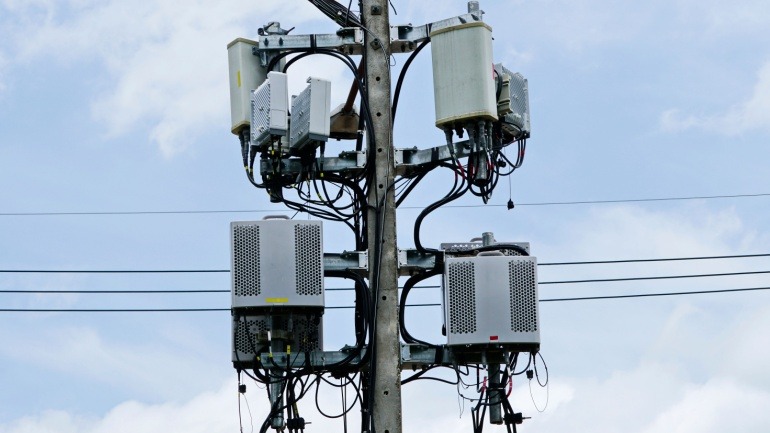Virgin Media O2 is advancing Birmingham’s network with more 4G small cells, enhancing mobile capacity in crowded areas like the city center. These compact base stations, often installed on street furniture, boost network performance.
Nokia Bell Labs is pioneering lunar communication through the Lunar Surface Communication System with Intuitive Machines. This 4G/LTE network will power seamless connectivity for upcoming lunar missions, enhancing communications for exploration vehicles.
Indosat Ooredoo Hutchison and Nokia’s partnership is set to transform Indonesia’s connectivity landscape by expanding 4G and 5G networks. This collaboration leverages Nokia’s cutting-edge radio technology to boost network coverage and quality.
Ericsson extends its partnership with Bharti Airtel to revamp its telecom network with cutting-edge 4G and 5G Radio Access Network (RAN) technologies. This collaboration enhances Airtel’s coverage and capacity, promising superior speed and reliability.
EE’s innovative deployment of a mobile tower on the Isle of Skye enhances 4G connectivity in rural areas. Providing reliable coverage, the tower supports local businesses while reducing visual disruption.
EE has improved VoIP and emergency communication on Ben Nevis by collaborating with the Lochaber Mountain Rescue Team. Utilizing a 35-meter tower in Glen Nevis, this initiative supports the UK Home Office’s Emergency Services Network.
Celona has unveiled Aerloc, a cutting-edge ‘zero-trust’ security feature for private 5G networks. Designed for industrial use, Aerloc offers unified SIM-based authentication, dynamic policy enforcement, and seamless IT/OT integration.
Deutsche Telekom plans to phase out its 2G network by 2028, reallocating the spectrum for improved 4G and 5G networks. This transition will support robust data transmission, especially benefitting rural areas.
Vodafone Idea is enhancing their 4G network with Ericsson to introduce 5G in key Indian regions. Leveraging Ericsson’s advanced technology, Vodafone aims to modernize and expand, despite financial hurdles. Their $3.6 billion deal signifies a commitment to regaining market share by implementing robust digital infrastructure.
In collaboration with Freshwave, EE has deployed 25 new small cells, revolutionizing the 4G and 5G network landscape. This first-of-its-kind initiative promises seamless mobile communication, optimizing bandwidth for VoIP calls in high-traffic areas.













